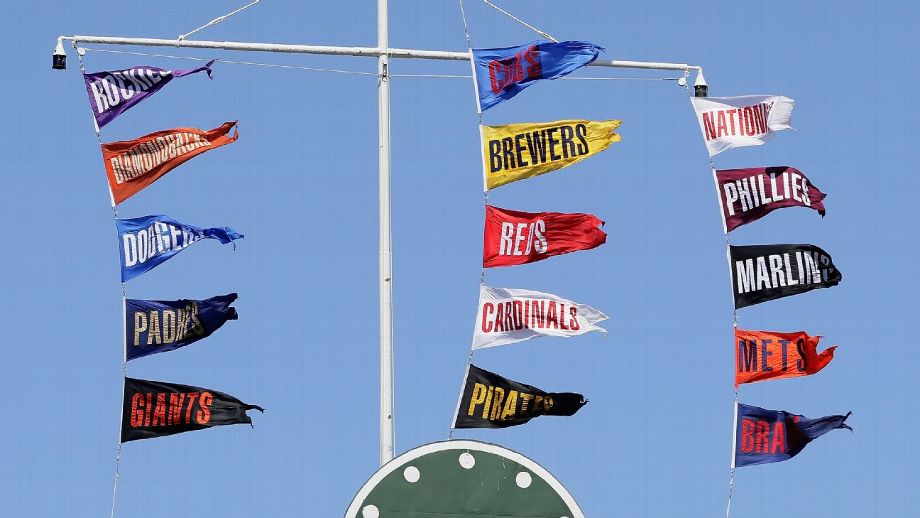UPDATE: Major League Baseball Commissioner Rob Manfred just announced groundbreaking insights regarding potential expansion and realignment during the August 17, 2025 episode of ESPN’s “Sunday Night Baseball.” With the league poised to expand to 32 teams, significant changes in divisional structures and playoff formats are on the horizon, raising urgent questions about the future of America’s favorite pastime.
This announcement comes at a pivotal time as fans and analysts are eager to understand how the addition of new teams will reshape the league. Manfred highlighted that expansion offers a unique opportunity for geographical realignment, which could greatly reduce travel strain on players and enhance viewer engagement, particularly for West Coast games.
The implications of these changes are immediate and widespread. For instance, the 2023 Arizona Diamondbacks made headlines as a surprising playoff contender, showcasing how divisional alignment can dramatically impact a team’s postseason journey. Had the Diamondbacks been placed in a different division, their playoff dreams could have been crushed, illustrating how crucial these structural decisions are for teams and their fans alike.
As MLB prepares for expansion, the focus shifts to potential new cities for franchises, with Nashville and Montreal emerging as frontrunners. This shift will not only impact existing teams but also reshape the competitive landscape of the league. The prospect of having eight divisions or even a radical two-division format has sparked fervent debate among baseball enthusiasts.
The league’s current scheduling and playoff formats are also under scrutiny. With the likelihood of a 154-game schedule being proposed, fans will need to adapt to new rhythms of play, which could include fewer interleague games and a fresh approach to rivalries. The potential for enhanced rivalries is an enticing prospect, especially if traditional matchups like the Yankees vs. Red Sox remain intact.
In the coming months, expect heated discussions around the merits of maintaining historical rivalries versus maximizing geographical matchups. The MLB Players Association (MLBPA) will closely monitor these changes, advocating for structures that incentivize competitive balance and team investment.
As these developments unfold, the baseball community is urged to brace for a period of transformation. Manfred emphasized the importance of maintaining the integrity of the game while making adjustments to benefit players and fans alike.
With expansion on the horizon, MLB is not just changing its team roster; it’s reimagining its narrative. The next few years will be critical in shaping how fans experience the game, making it essential for stakeholders to engage in these discussions actively.
Stay tuned for further updates as the league moves forward with its expansion plans, and prepare for a future where every game counts even more. The landscape of baseball is about to change dramatically, and the excitement is palpable.







































































